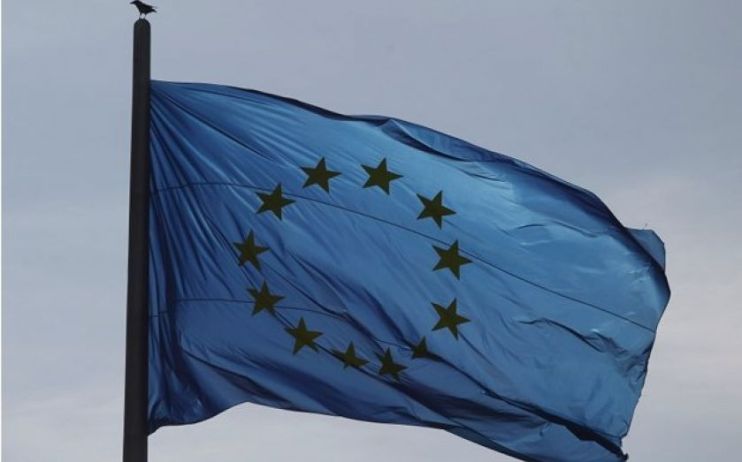EU announces plans to lead green industrial revolution

The European Commission presented the centrepieces of a strategy on Thursday to ensure the EU can compete with the United States and China in making clean tech products and accessing raw materials required for the green transition.
The EU executive’s Net-Zero Industry Act and Critical Raw Materials Act, part of its Green Deal Industrial Plan, are designed to ensure the bloc is not just a frontrunner in cutting carbon emissions, but also ahead on the technology required to do so.
There are signs its lagging.
Global investment in the green transition is set to triple by 2030 from $1tn last year, the Commission says.
“The bottom line is that we want to be leaders in the green industries of the future,” Vice President Valdis Dombrovksis told a news conference.
The EU executive set targets for the region to mine 10 per cent of the critical raw materials it consumes, such as lithium, copper and nickel, with recycling adding a further 15 per cent.
It also aims to increase processing to 40 per cent of its needs by 2030.
The supply of minerals vital for the green transition is a challenge, with China processing almost 90 per cent of rare earths and 60 per cent of lithium, a key element for batteries.
The Commission said no more than 65 per cent of any key raw material should come from a single third country.
“We are not a resource-rich continent,” Dombrovskis said, adding that for many materials, Europe relied on a small number of partners.
“This is not a stable nor reliable way to build the industries of the future. So we urgently need to diversify.”
Russia’s invasion of Ukraine has reinforced a lesson learned during the COVID-19 pandemic, namely that the EU cannot rely on a single supplier for essential materials.
The EU executive would recognise plans to mine or process raw materials as “strategic projects”, which would allow them to benefit from streamlined permits and access to financing.
In trade, the EU would seek to expand its network of partnerships, such as with Australia, Canada and Chile.
The EU also set a target of producing by 2030 at least 40 per cent of the products it needs for “net-zero” technologies, such as solar power, partly by streamlining the granting of permits for green projects.
The bloc also announced a goal for carbon capture of 50m tonnes by 2030.
Reuters – Philip Blenkinsop
